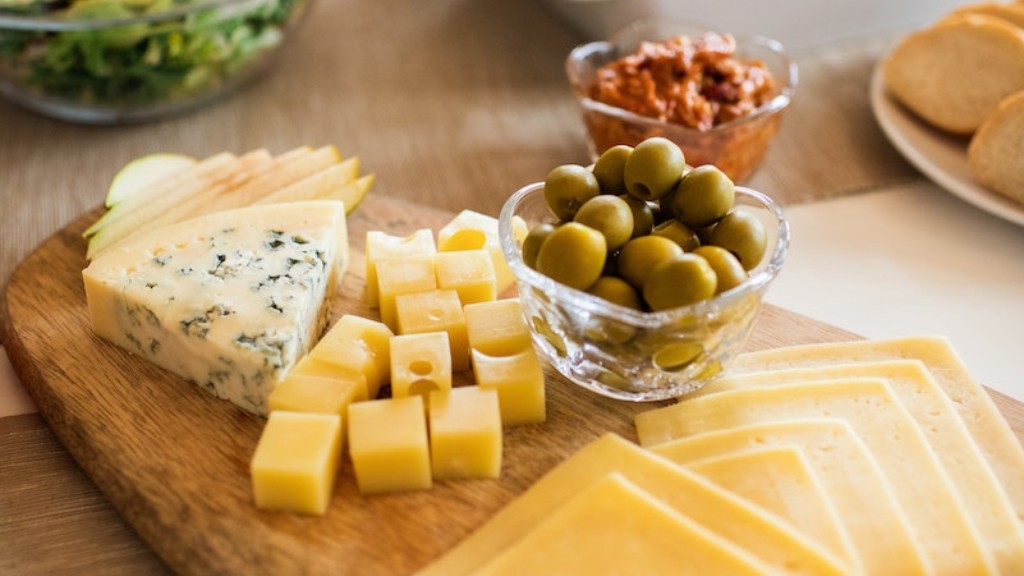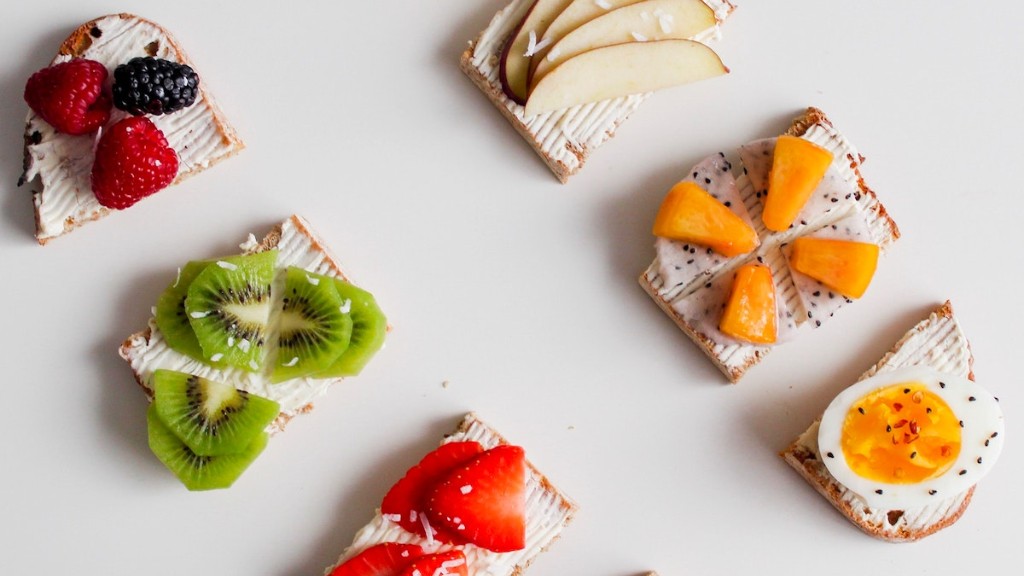Can Chickens Eat Cottage Cheese?
Chickens are omnivorous birds, meaning they eat a variety of different foods, including both animal and plant materials.For this reason, chickens can safely be given cottage cheese as part of their diet.However, much like anything else you feed your chickens, moderation and balance are key.Cottage cheese can be fed to chickens, but it should not be given as a main staple in their diet.
Cottage cheese is a fresh cheese curd product, typically made with skim milk.It is high in protein, as well as calcium, phosphorus, and fat.The protein and calories in cottage cheese make it a great snack for chickens.For chickens that are molting, or are about to molt, cottage cheese may be a useful dietary supplement that can help with feather production and growth.
Most experts agree that when giving chickens cottage cheese, it is important to only give them as a treat, no more than a few times a week.Too much cottage cheese can cause digestive or bowel problems, so it should not be frequently given to chickens.Most experts recommend giving chickens no more than one to two tablespoons of cottage cheese per day.
As with any treat or supplemental food, it is important to only give chickens cottage cheese in moderation.It is best to mix it with other types of feed or snacks, as this will help prevent any digestive issues that may arise from too much cottage cheese.In addition, it is important to make sure that the chicken has access to plenty of fresh water, as cottage cheese is high in sodium and can lead to dehydration if it is not properly managed.
Overall, cottage cheese can be a great treat to give to chickens.It is rich in proteins, fats, and minerals that can help keep chickens healthy.However, it should not be given too frequently, since too much can lead to digestive issues.When used in moderation, cottage cheese is a great way to supplement a chicken’s diet, and can help them stay healthy and strong.
Other Foods Chickens Can Eat
Chickens are omnivores, meaning they eat both animal and plant materials.Besides their regular feed, chickens can also be given a variety of fruits, vegetables, grains, and other snacks.Fruits such as apples, pears, bananas, and oranges can be given to chickens, as well as leafy greens such as kale, spinach, and lettuce.In addition, grains such as oats, barley, or wheat can also be fed to chickens.Vegetables such as peppers, broccoli, carrots, and squash can also be given, in addition to grasses and other plants.
When feeding chickens these types of foods, it is important to ensure that they are not given too much at once, as this can lead to digestive issues.In addition, any snacks or treats should not be given more than once or twice a week, otherwise it could upset the chicken’s diet.It is also important to make sure that the chickens have access to plenty of fresh water, as this will help with digestion and hydration.
Chickens can also be given cooked foods, such as cooked eggs or cooked meat.These can be used as treats, but should not be given as a main part of the chicken’s diet.In addition, any cooked foods should not be given more than once or twice a week.Finally, it is important to make sure that whatever food is given to chickens is fresh and free of toxins or other chemicals.
The Benefits Of Feeding Chickens
Feeding your chickens can be a great way to ensure that they stay healthy and strong.By providing them with snacks and treats, you can help to improve the natural diet that they would otherwise have.In addition, providing chickens with a variety of different foods can be beneficial for their health.Fruits and vegetables provide vitamins and minerals that can keep chickens healthy, while grains provide them with the energy they need to stay strong.
In addition, providing snacks and treats can be a great way to keep your chickens entertained.Chickens enjoy exploring new things, especially food items, and giving them something new to try can be stimulating for them.This can be especially helpful on days when they are stuck in the coop, as it can help to relieve boredom and provide mental stimulation.
Finally, providing snacks and treats can also help to strengthen the bond between you and your chickens.Every time you feed them, they will learn to associate you with food, which can lead to them being tamer and more friendly.This can make it much easier to catch them for routine check-ups or to perform any necessary treatments.
Tips For Feeding Chickens
Feeding your chickens can be a great way to promote their health and keep them entertained.However, there are a few things you should keep in mind when feeding them.First, it is important to make sure that they have access to fresh water at all times.Water is essential for digestion and hydration, and can help to prevent any digestive issues that may arise from too much food.
Second, it is important to make sure that whatever food you give your chickens is fresh, free from toxins, and safe for them to eat.You should also avoid any foods that are high in salt, sugar, or fat, as this can lead to health issues for your chickens.Finally, snacks and treats should only be given in moderation, no more than a few times a week.This will help to ensure that your chickens stay healthy and strong.
Waste Management
When feeding chickens, it is important to consider your waste management plan.As chickens eat, they will inevitably leave behind bits of food that can attract rodents and other pests.Cleaning up after your chickens on a regular basis can help prevent this from happening.
The easiest way to do this is to use a deep litter system in the coop.This is a layer of bedding such as straw, wood shavings, or even leaves that is spread out over the floor of the coop.As chickens eat and leave behind bits of food, they will be buried beneath the bedding.Cleaning out the bedding on a regular basis will help prevent any unwanted pests from being attracted to your coop.
It is also important to clean up after your chickens in the run or outdoor area.You should remove any uneaten food, as well as any accumulation of feces.Cleaning up the area on a regular basis is important, as it can help to prevent any diseases from spreading.Finally, it is important to keep the area well-ventilated, as this will also help to keep disease transmission to a minimum.
Tips for Choosing Safe Treats
When choosing treats to give to your chickens, it is important to make sure they are safe.Certain foods, such as chocolate, avocados, and garlic, can be toxic to chickens, and should be avoided at all costs.In addition, any treats that contain artificial ingredients, such as dyes or preservatives, should also be avoided.
When giving treats to your chickens, it is important to make sure they are fresh.Stale food can lead to digestive issues, and should be avoided.Additionally, it is important to avoid any foods that have been cooked in oil, as this can be unhealthy for chickens.When in doubt, it is best to stick with fresh fruits, vegetables, and grains.
Finally, when giving treats to your chickens, it is important to keep in mind that moderation is key.Snacks and treats should never be given more than once or twice a week.In addition, it is important to make sure that the treats are balanced with the other foods they are eating.This will help to ensure their diet remains balanced and healthy.



